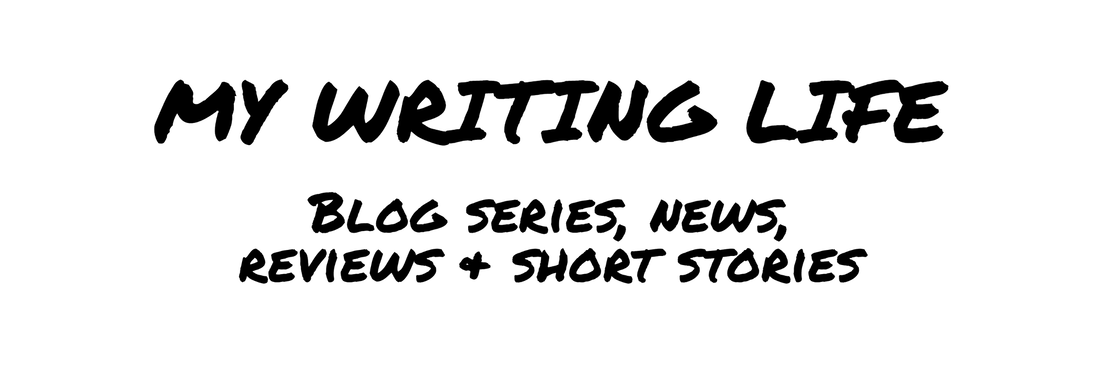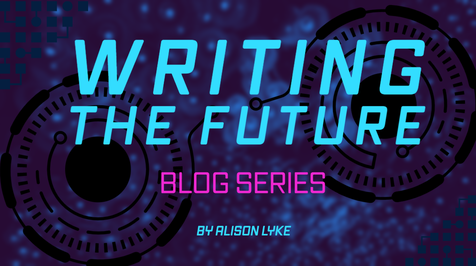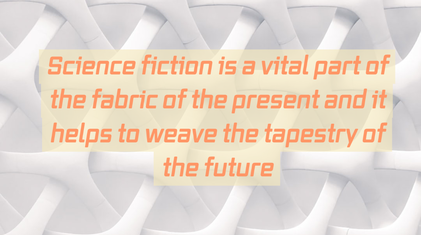|
This is the 6th (and last) post in blog series on writing speculative science fiction. It’s from a workshop I conducted at Writers & Books in February 2020. The convergence of the social and the tech is what makes a story. Authors project a world into the future, and now create the people who live that future. The character’s movement through this new world is shaped by the tomorrow the author created. Maybe the character will need to overcome the obstacles presented by science or society, perhaps she’ll work with to improve the world, maybe he’ll be the inventor or the catalyst. Instead of explaining this world, it’s best to give clues about it through the character’s interaction with their environment. Take, for example, Offred’s interaction with her room, upon waking, in A Handmaid’s Tale: “When the window is partly open--it only opens partly--the air can come in and make the curtains move. I can sit in the chair, or on the window seat, hands folded, and watch this. Sunlight comes in through the window too and falls on the floor, which is made of wood, in narrow strips, highly polished. I can smell the polish. There's a rug on the floor, oval, of braided rags. This is the kind of touch they like: folk art, archaic, made by women, in their spare time, from things that have no further use. A return to traditional values. Waste not want not. I am not being wasted. Why do I want? On the wall above the chair, a picture, framed but with no glass: a print of flowers, blue irises, watercolor. Flowers are still allowed. Does each of us have the same print, the same chair, the same white curtains, I wonder? Government issue? Think of it as being in the army, said Aunt Lydia.” We can tell, just from this description of this future room, that Offred is trapped because the window doesn’t open. Her picture, ominously, doesn’t have glass. We can take a few guesses as to why. It also makes the reader wonder – who is the “us” who gets government furniture and is there a “them” who doesn’t? The Power of ForesightSocial and scientific speculation combine in essential ways, and the rest of the world is taking notice. You may find yourself speculating on how climate change will change the future of sports and other outdoor activities. If you do, you could end up among the science fiction writers France has hired to take part in its Defense Innovation Agency – a group of writers who create speculative climate change scenarios for the French military.
Whether it’s predicting the future for the military, telling futuristic stories, or philosophizing on the impact of new tech, science fiction is a vital part of the fabric of the present and it helps to weave the tapestry of the future.
0 Comments
Leave a Reply. |
Alison Lyke
Categories
All
Archives
November 2022
|



 RSS Feed
RSS Feed
